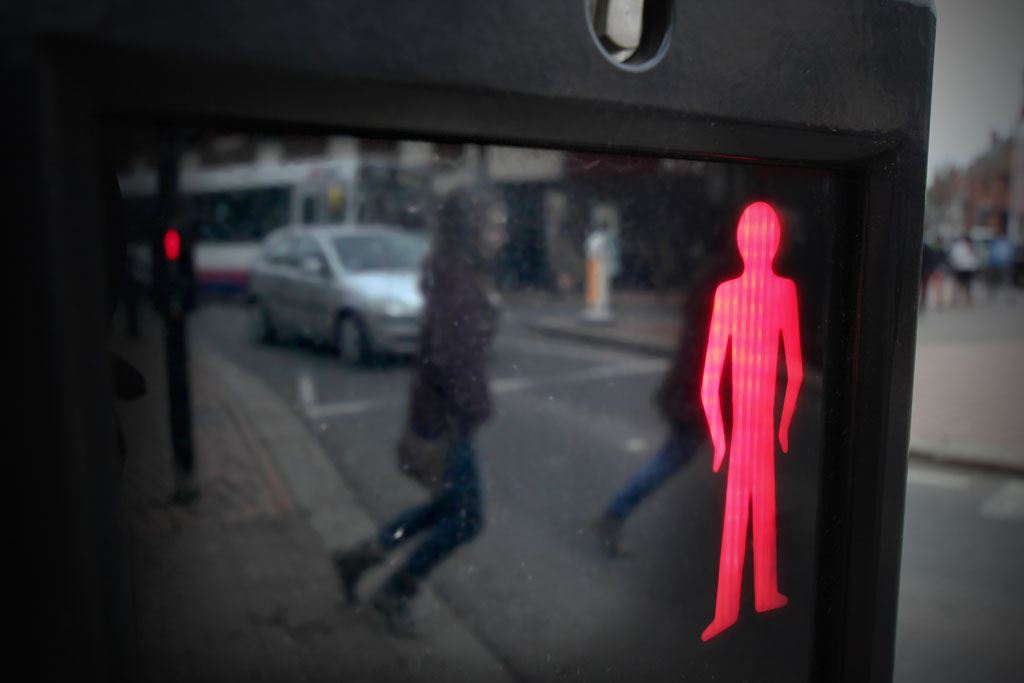The Parliamentary Under-Secretary of State for Transport (Stephen Hammond): The Department has today published a consultation paper on speed limit exemptions for vehicles used for emergency purposes.
The consultation paper proposes that section 19 of the Road Safety Act (2006) is brought into effect. Section 19 allows the Secretary of State for Transport to designate other vehicle purposes as being exempt from speed limits in certain circumstances and if drivers of said vehicles complete successfully a “high-speed training course”. Section 19 replaces section 87 of the Road Traffic Regulation Act (1984) in relation to exemptions from speed limits for certain vehicle purposes.
The Department recognises that there are certain vehicle purposes that the wider public may well consider as having a speed limit exemptions but which do not currently. These include, for example, vehicles used to carry human tissue for transplant, mountain rescue teams, bomb disposal squads and others listed in the consultation document.
Branches of the emergency services (police, fire service and ambulance service) are currently exempt from speed limits and provide appropriate training to their staff. No additional requirements will be placed on them.
The Department has worked with representatives of the police, fire and rescue, NHS ambulance services, the Serious Organised Crime Agency and road safety stakeholders on the development of standards for driver training. This led to the creation of a code of practice based on the principles applied in each organisation.
The Department seeks to identify the core competences specified in the code of practice and include them in regulations. It also proposes that the Driving Standards Agency (DSA) will take responsibility for the accrediting and quality assuring training providers seeking to provide high-speed driver training courses, against the competences identified in the code of practice.
A further consideration within the consultation document is to exempt paramedics and other medical personnel from the requirements to wear seat belts in the back of ambulances, particularly when providing emergency treatment.

